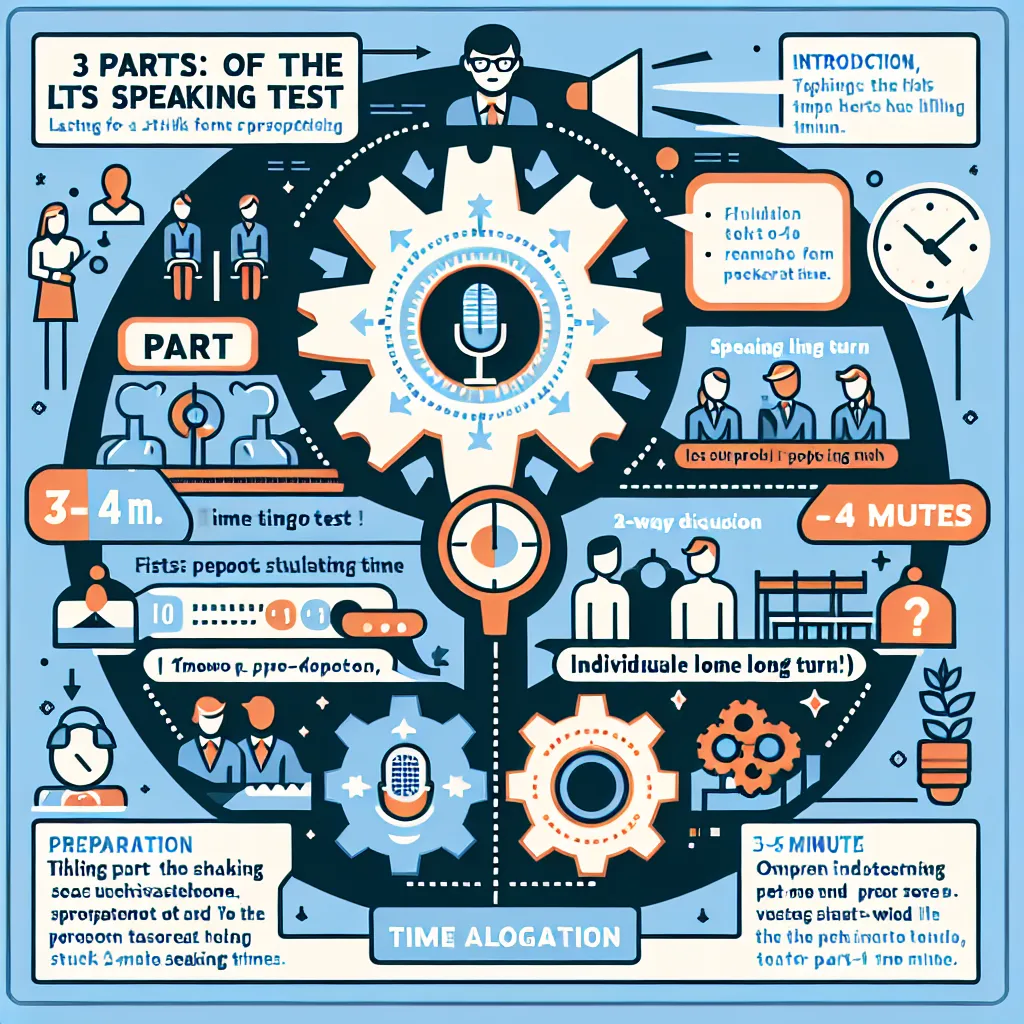Are you preparing for the IELTS Speaking test and wondering how to enhance your pronunciation? You’re not alone. Many IELTS candidates struggle with pronunciation, which can significantly impact their overall speaking score. In this comprehensive guide, we’ll explore effective strategies to improve your pronunciation for the IELTS Speaking test, helping you boost your confidence and achieve a higher band score.
Understanding the Importance of Pronunciation in IELTS Speaking
Pronunciation is a crucial aspect of the IELTS Speaking test, directly affecting your fluency and coherence score. Examiners assess your ability to produce individual sounds, use stress and intonation correctly, and speak at a natural pace. Good pronunciation not only makes you more understandable but also demonstrates your command of the English language.
 Importance of pronunciation in IELTS Speaking
Importance of pronunciation in IELTS Speaking
Why Pronunciation Matters in IELTS Speaking
- Clarity: Clear pronunciation ensures that the examiner understands you easily, reducing the risk of misinterpretation.
- Confidence: Good pronunciation boosts your confidence, allowing you to speak more fluently and naturally.
- Higher Scores: Accurate pronunciation can positively influence your scores in other assessment criteria, such as fluency and coherence.
Effective Techniques to Improve Your Pronunciation
1. Focus on Individual Sounds
Start by mastering individual sounds, particularly those that don’t exist in your native language or that you find challenging.
- Practice minimal pairs: Words that differ by only one sound, like “ship” and “sheep” or “bat” and “bad.”
- Use online resources: Websites like BBC Learning English offer interactive phonemic charts to help you learn and practice specific sounds.
2. Master Word Stress and Sentence Intonation
Correct stress and intonation are essential for natural-sounding English.
- Learn stress patterns: Practice stressing the correct syllables in multi-syllable words.
- Use sentence stress: Emphasize content words (nouns, verbs, adjectives, adverbs) more than function words (articles, prepositions, pronouns).
- Practice intonation: Pay attention to how your voice rises and falls in questions and statements.
3. Use Shadowing Technique
Shadowing involves listening to native speakers and repeating what they say in real-time.
- Choose appropriate materials: Use IELTS speaking samples, podcasts, or news broadcasts.
- Start with short segments: Begin with 30-second clips and gradually increase the duration.
- Focus on rhythm and intonation: Try to mimic not just the words but also the speaker’s pace and tone.
4. Record and Analyze Your Speech
Self-recording is an excellent way to identify and correct pronunciation errors.
- Record yourself speaking: Use your phone or computer to record sample IELTS answers.
- Listen critically: Pay attention to your pronunciation, stress, and intonation.
- Compare with native speakers: Use online resources to compare your pronunciation with native speakers.
 Recording and analyzing speech
Recording and analyzing speech
5. Use Pronunciation Apps and Software
Leverage technology to enhance your pronunciation skills.
- Try apps like ELSA Speak or Speechling: These apps use AI to provide instant feedback on your pronunciation.
- Use speech recognition software: Practice with tools that can transcribe your speech, helping you identify words you’re mispronouncing.
6. Practice Tongue Twisters
Tongue twisters are an excellent way to improve articulation and fluency.
- Start slowly: Focus on accuracy before increasing speed.
- Choose relevant twisters: Practice those that target sounds you find challenging.
- Repeat regularly: Make tongue twisters part of your daily practice routine.
Common Pronunciation Mistakes to Avoid in IELTS Speaking
- Th-fronting: Pronouncing “th” as “f” or “v” (e.g., “fink” instead of “think”).
- Final consonant dropping: Omitting the last consonant sound in words (e.g., “goin'” instead of “going”).
- Vowel confusion: Mixing up similar vowel sounds (e.g., “ship” and “sheep”).
- Silent letters: Pronouncing letters that should be silent (e.g., the “b” in “climb”).
- Stress errors: Placing stress on the wrong syllable in multi-syllable words.
Next Steps: Putting Your Improved Pronunciation into Practice
- Join language exchange groups: Practice with native speakers or other learners.
- Take mock IELTS Speaking tests: Simulate the test environment to apply your improved pronunciation skills.
- Seek feedback: Ask a teacher or language partner to evaluate your pronunciation progress.
- Immerse yourself: Watch English-language movies and TV shows with subtitles to reinforce correct pronunciation.
Conclusion
Improving your pronunciation for the IELTS Speaking test is a journey that requires consistent practice and dedication. By focusing on individual sounds, mastering stress and intonation, using technology, and applying techniques like shadowing, you can significantly enhance your pronunciation skills. Remember, the goal is not to eliminate your accent entirely but to speak clearly and confidently. With these strategies and regular practice, you’ll be well on your way to achieving a higher band score in your IELTS Speaking test.
We encourage you to share your pronunciation improvement journey in the comments below. What techniques have worked best for you? Do you have any additional tips to share with fellow IELTS candidates? Your experiences could be invaluable to others preparing for the test.
[internal_links]




